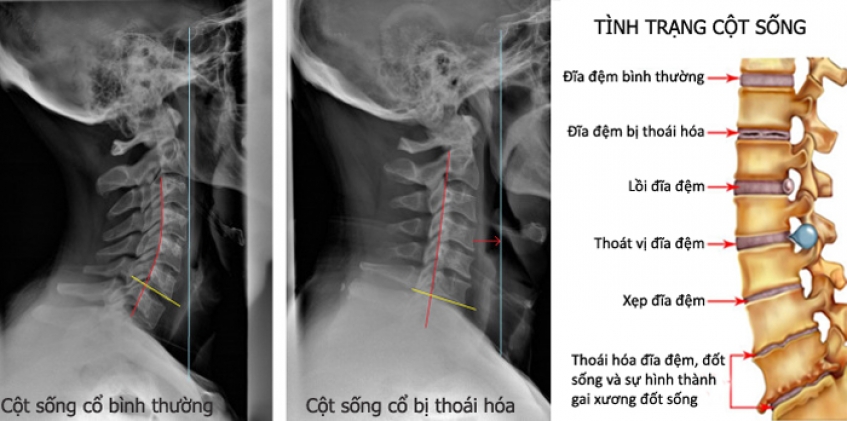Stiff Neck Pain
Stiff Neck is a common condition — so common, in fact, that the expression “a pain in the neck” is an oft-used figure of speech in English. It can be mild enough so that it is a mere annoyance, or severe enough that it can adversely affect the quality of one’s life. Because of its position and range of motion, and because it plays a vital role in the support of the head, the neck is more subject to injury than any other portion of the spine. While it is much less frequent than back pain, neck pain can occasionally be severe enough to warrant attention from a licensed health professional.
Neck pain can have a variety of causes. Keeping your head in an awkward position can cause your neck muscles to fatigue and the joints in your neck to “lock” in place, causing discomfort, stiffness and limited range of motion. Neck pain can also be caused by a sudden force (such as an automobile accident), or a medical condition (swelling, disease, tumors, bleeding, inflammation, etc.). Some neck pain can also cause headaches.

Who suffers from neck pain?
Almost everyone will experience some sort of neck pain or stiffness during their lifetime; however, certain occupations appear to be predisposed to neck symptoms. Manual laborers, for instance, have more symptoms than office workers, and the type of work seems to affect the risk. A person’s age and a history of twisting and bending during work can also contribute. Workers who have been required to do repetitive tasks with their upper extremities, or who undergo periods of prolonged sitting with their head in a flexed position (such as typing on a keyboard at a desk) are at risk of developing mechanical neck pain.
What can acupuncture do for neck pain?
Studies have shown acupuncture to be effective in relieving certain types of neck pain, particularly those caused by whiplash. Some studies suggest acupuncture can treat degenerative neck disorders such as ankylosing spondylosis and cervical spondylosis; in many cases, acupuncture has worked for patients whose conditions could not be solved using conventional approaches.
Acupressure and herbal medicine are sometimes used in conjunction with acupuncture for neck pain. Applying acupressure to the neck muscles can reduce spasm and lessen pain, leading to a relaxed state and a heightened sense of well-being. Depending on the patient’s condition, certain herbal products can be used to improve circulation and blood flow and ease muscle contraction.
Pain located in the neck is a common medical condition. Neck pain can come from a number of disorders and diseases and can involve any of the tissues in the neck. Examples of common conditions causing neck pain are degenerative disc disease, neck strain, neck injury such as in whiplash, a herniated disc, or a pinched nerve. Neck pain can come from common infections, such as virus infection of the throat, leading to lymph node (gland) swelling and neck pain. Neck pain can also come from rare infections, such as tuberculosis of the neck, infection of the spine bones in the neck (osteomyelitis and septic discitis), and meningitis (often accompanied by neck stiffness). Neck pain can also come from conditions directly affecting the muscles of the neck, such as fibromyalgia and polymyalgia rheumatica as well as from uncomfortable positioning of the neck while sleeping with the head on a pillow. Neck pain is also referred to as cervical pain.
Risk factors for neck pain include injury from involvement in contact sports, motor-vehicle accidents, bull or bronco horse riding, etc. Prevention of neck pain in the context of these activities should include neck strengthening exercises and often neck bracing.
What are other symptoms that are associated with neck pain?
Neck pain is commonly associated with dull aching. Sometimes pain in the neck is worsened with movement of the neck or turning the head. Other symptoms associated with some forms of neck pain include numbness, tingling, tenderness, sharp shooting pain, fullness, difficulty swallowing, pulsations, swishing sounds in the head, dizziness or lightheadedness, and lymph node (gland) swelling.
Neck pain can also be associated with headache, facial pain, shoulder pain, and arm numbness or tingling (upper extremity paresthesias). These associated symptoms are often a result of nerves becoming pinched in the neck. Depending on the condition, sometimes neck pain is accompanied by upper back and/or lower back pain, as is common in inflammation of the spine from ankylosing spondylitis.